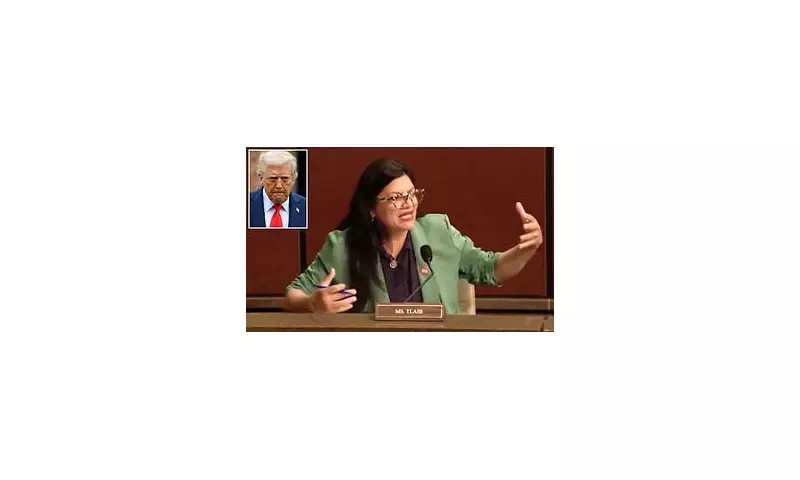
A congressional hearing descended into political acrimony this week following an explosive confrontation between Democratic Representative Rashida Tlaib and her Republican counterpart, Byron Donalds.
The fiery exchange occurred during a House Oversight Committee session, where tempers flared over discussions on policing and civil liberties. The incident has since ignited a fierce partisan row, highlighting the deeply divided nature of current US politics.
'Fascist' Accusation Rocks Proceedings
Representative Tlaib, a prominent member of 'The Squad' of progressive Democrats, levelled the serious accusation at Congressman Donalds during a heated debate. The Michigan representative explicitly called the Florida Republican a "fascist" in remarks that immediately halted proceedings.
The personal nature of the attack stunned observers and fellow committee members, creating an immediate atmosphere of tension within the hearing room.
Donalds Fires Back Amid Committee Chaos
Congressman Donalds, visibly taken aback by the direct insult, did not hesitate to respond. He immediately challenged the accusation and demanded a retraction from his colleague across the aisle.
The Florida representative defended his position and record, condemning what he characterised as inflammatory and baseless rhetoric designed to derail substantive policy discussion.
Roots of the Conflict: Policing Debate
The confrontation emerged from fundamentally opposing viewpoints on law enforcement and civil rights. The committee hearing had been convened to examine aspects of policing policy, a consistently divisive subject in American political discourse.
Representative Tlaib has been a vocal advocate for police reform, while Congressman Donalds has positioned himself as a supporter of law enforcement agencies, creating natural friction during policy debates.
Fallout and Political Reactions
The extraordinary public clash has drawn reactions from across the political spectrum. Allies of Representative Tlaib have defended her right to strong language when confronting what they perceive as dangerous ideologies.
Meanwhile, Republican figures have universally condemned the remarks as unacceptable parliamentary conduct that undermines civil discourse. Many have called for formal censure or apology procedures.
This incident represents another deterioration in cross-party relations within the US legislature, illustrating the challenges facing bipartisan cooperation on key policy issues.





